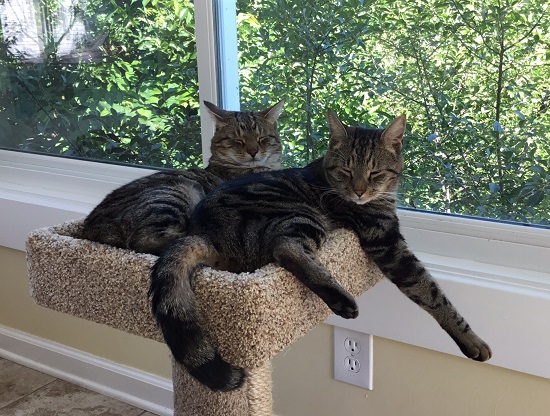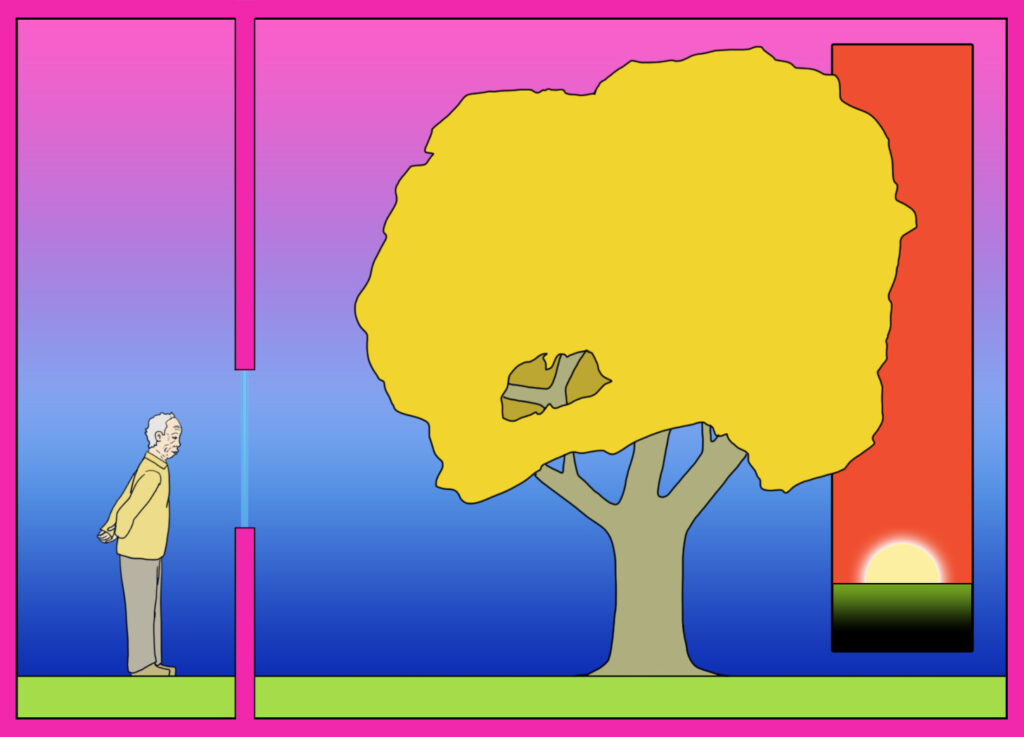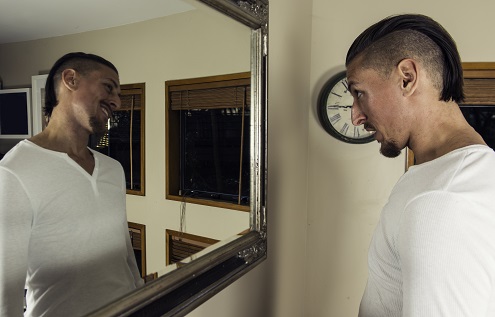I anticipate needing all of my awareness to help myself with matters at hand. This is a plain language summary of what I know from my reviews of the research literature, training, and experience about how to help myself in challenging times. This is what I say to myself.
The following set of statements is written as you-statements. I am speaking from my inner wisdom* to the part of me that can become aware and take action.
Right now, you can do what needs to be done.
- Regain mastery of your attention.
- Shift your attention to the air coming in and out of your nostrils.
- Shift your attention to your values and priorities – what needs to be done for yourself, those you love, and those depending on you.
- Do it. Take action.
This set of statements is written as I-statements, spoken by my inner wisdom.
If in doubt, I can access my inner wisdom.
I need a tolerable range of inner stability to handle my inner distress and to make conscious, informed decisions about what is going on within me, in my life, and around me.
If I experience myself as overwhelmed with feelings and thoughts, I can take a look at the awareness circles and do a cognitive therapy-based ABC Worksheet.
If my inner intensity is too high, I need to talk myself down to a more stable range. If my inner intensity is too low, I need to talk myself up to a more stable range.
I can take action based on my values and priorities even though I feel afraid. I feel fear in the present. I feel anxiety about what might happen in the future. I am not alone in feeling concerned. Yet, what is important to me – my values and priorities – are also strong.
I can co-travel with fear, with anxiety, with pain, with disappointment, with regret, with grief, with all inner distress and all outer stressors.
I am here for me. My inner self is not what I feel, not what I think, and is not what is happening or has happened to me. My true self is separate and pure and whole.
My brain is here for me. Regardless of the debate about what consciousness is, my full brain’s whole ability to see my feelings and thoughts and access my inner wisdom feels real and trustworthy to me. The human brain has evolved to recover stability, to be resilient, and to be helpful. I rely on my full brain’s 100 billion neurons to be there for me, to work with me, and to help me.
I verify the accuracy of the content of sentences I say to myself or others say to me.
I can make sure the content I use in my inner dialogue and in my life is logical, fact-based, evidence-based, and reality-based. I use accurate, precise, specific definitions for terms that relate to me and to my well-being. I use reliable, credible, authoritative, expert sources to verify information. Deeply-held and deeply-felt beliefs, rules and narratives offered by custom and convention, and advice and opinions offered by social media influencers may seem true – and may be wished to be true – but may not be based on fact.
Strengthened by awareness and knowledge of myself and what’s real, I can make reality-based decisions on behalf of myself and others.
I can monitor my energy and adjust to maintain a stable range.
To be of optimal service to myself and others, I monitor my mental and physical energy reserves and keep them as stably full as possible. The “big four”: sleep, nutrition, exercise, schedule, all are paramount.
I need to be cautious about a “big ask,” i.e. asking myself to do more, do other, do better, exert more, or give more. I need to be cautious about responding to a “big ask” from others. I have limited attention, energy, time, and money. I need to give it, through my values, to my priorities.
If I am unsure of what’s mine to do or question the extent of my influence or control, the three-lane highway metaphor can offer a welcome reminder of the extents and limits of what I can do with regard to myself, others, and the world.
If I need help, I can be part of the solution by collecting data. I know that nearly everyone is overstressed and nearly everywhere is understaffed. Using databases of research literature, such as PubMed and Google Scholar, I can look for research that is objective, methodologically sound, replicable, and peer-reviewed to inform myself about my situation. By writing or typing a one-page timeline or log with related information about my situation, I can help others use the time they have for me directly and efficiently.
I can become aware of – and stop myself from engaging in – these natural, understandable, but unhelpful patterns.
Ruminating. I might repeat the same thought or scenario over and over again, trying to replay it or change it. This is my beautiful humanity wishing things had gone better or could go better. The past is done and the future is uncertain. I can regain control of my attention and shift my attention to what is important to me and to do what needs to be done.
Doomscrolling. Searching the news is my beautiful brain’s understandable attempt to ease my distress by finding some kind of reason, logic, order, predictability, and certainty to the world. Reality is complex, however, and no matter what I find or how much I find, more complexity will reveal itself and my distress will continue.
Self-criticism, self-judgement, self-reprimand. I, as do most humans, have done the best I can with what I know to do, the effort I have to give, and the resources I have. Contrary to cultural belief, self-criticism doesn’t foster motivation, but compromises it.
Repeating statements about myself, others, and the world that are beliefs, not facts. “I should be/have ____, they should be/have _____, the world should be/have _____,” are all statements of wishful belief. They are not factual, realistic, or helpful.
Acting on impulse or acting out of habit or compulsion. I pause. I become aware of my values and priorities. Before making a choice, I do a cost-benefit analysis with rank ordering. I see that all choices have downers, that no choice is perfectly clear, relief-giving, or reassuring. I acknowledge that opposites can both be true, that I can both want and not want at the same time. I can co-travel with ambivalence, uncertainty, and regret.
Trying not to feel grief. Grief is the brain’s evolved way to adjust to loss. The existence of love, attachment, bonding, belonging, connection are detectable in the human brain. I can’t will my brain to change. I have to give it time to learn to do without what’s gone. I can ease into grief. I can adjust my inner intensity if it gets too high, but I can ease into my sorrow. It’s real. It’s for real reasons.
. . . . .
I hypothesize that the central adult human task is to gain the perspective, approach, and skills to be able to, within oneself – with self-kindness, without self-judgment, and without the external support of others or from one’s environment – feel all, think all, experience all, function, assess, pause or initiate, all at once, no matter how many burdens one has, how small or large they may be, or how fast new ones keep coming, no matter how vulnerable, uncertain, impaired, hurt, or threatened one is or feels, no matter who is present or missing, no matter what is happening, no matter what has happened, no matter what is to come.
. . . . .
*The concept of “inner wisdom” is informed by:
- Dr. Marsha Linehan’s conception of “Wise Mind”; Linehan is the founder of dialectical behavior therapy, a research-backed protocol to assist with emotion regulation;
- cognitive theory;
- the findings from neuroscience research that the human brain’s structures include different areas for processing cognitions and emotions that interconnect and overlap.
Updated 11/06/2024
All content is for informational purposes only and is not a substitute for professional advice. Consult a qualified professional for personalized medical, health care, and professional advice.






